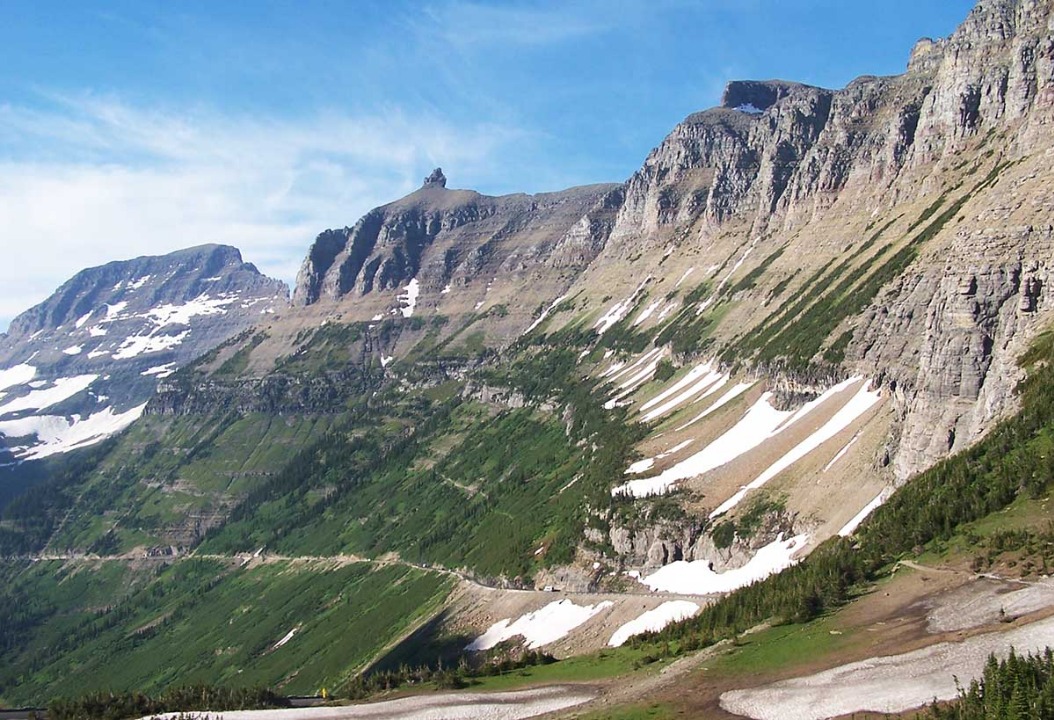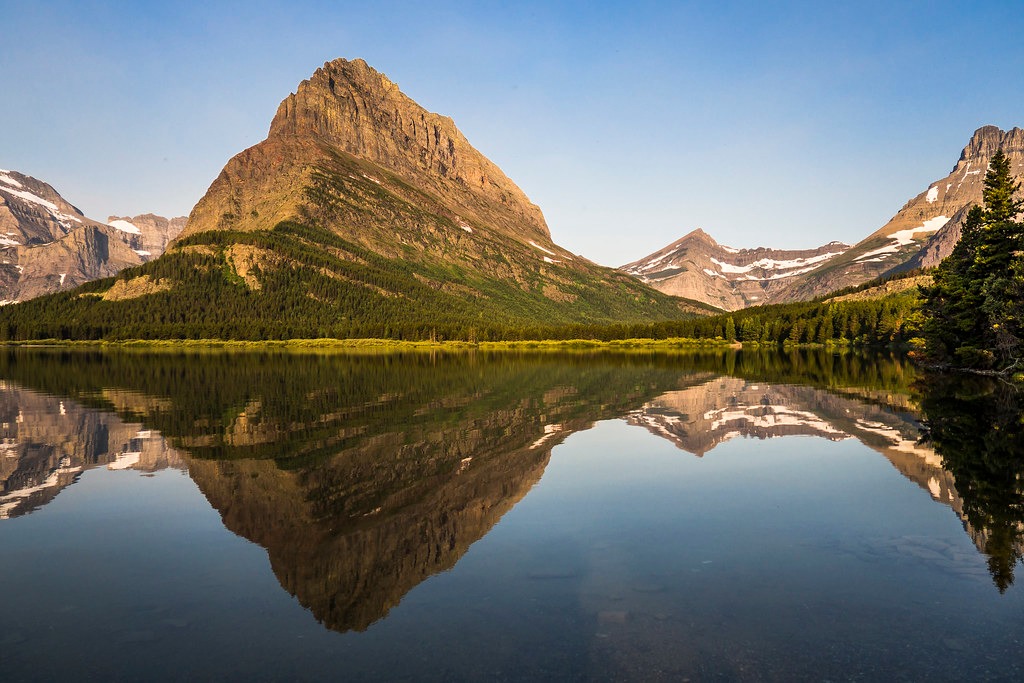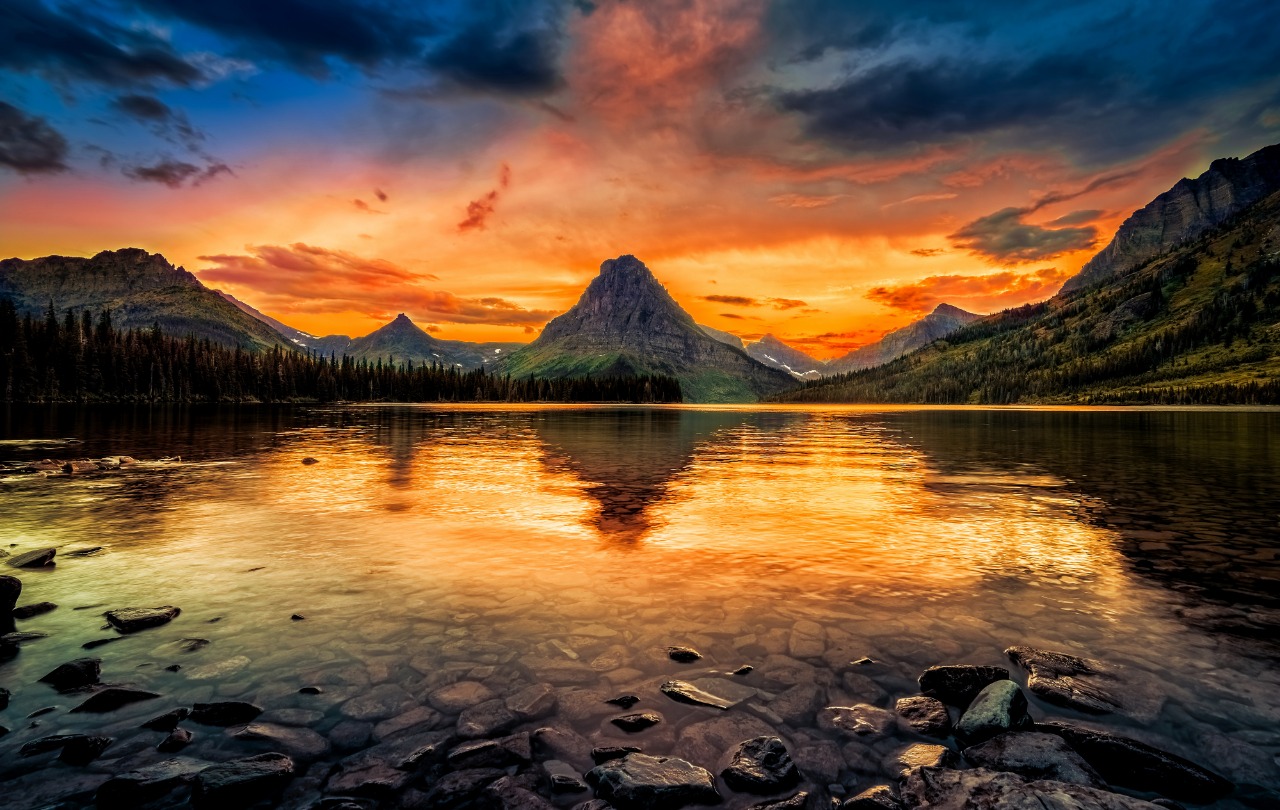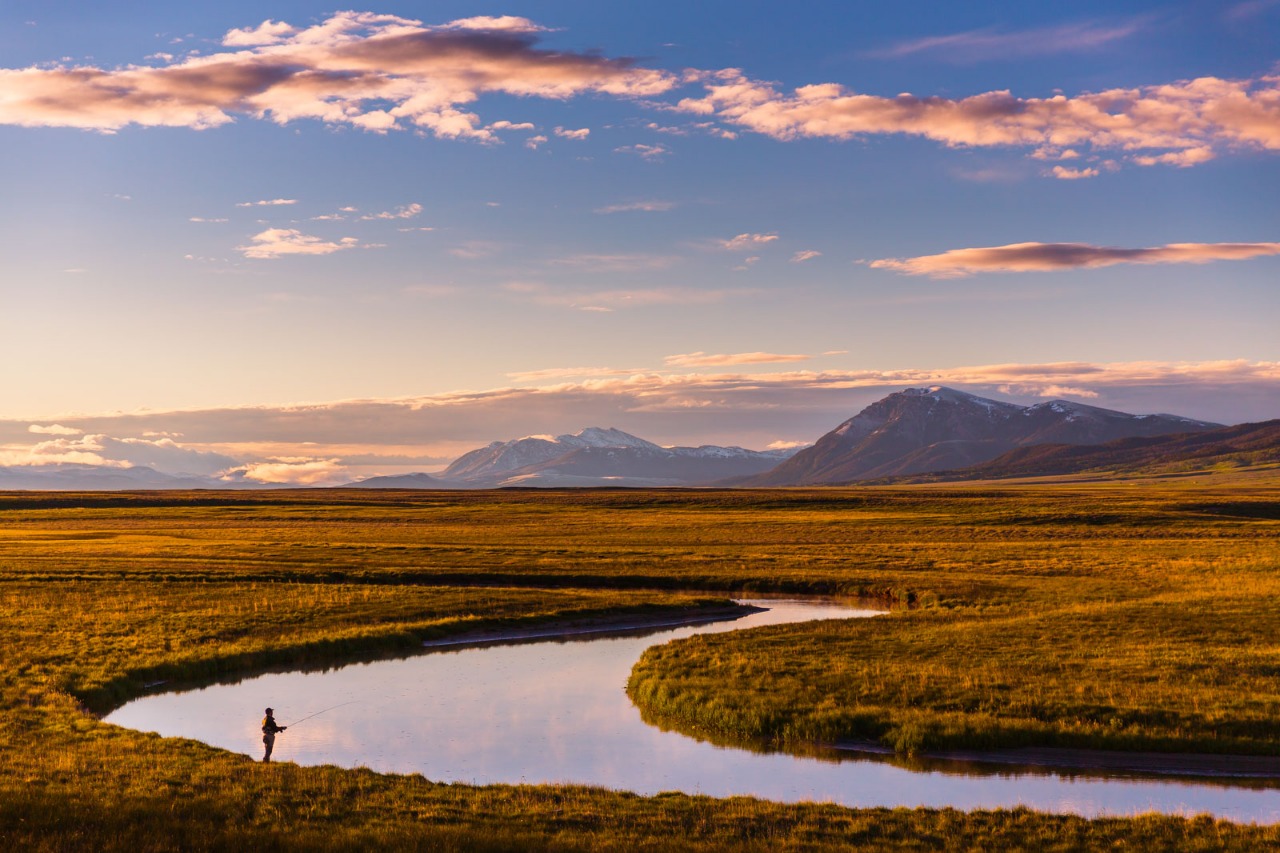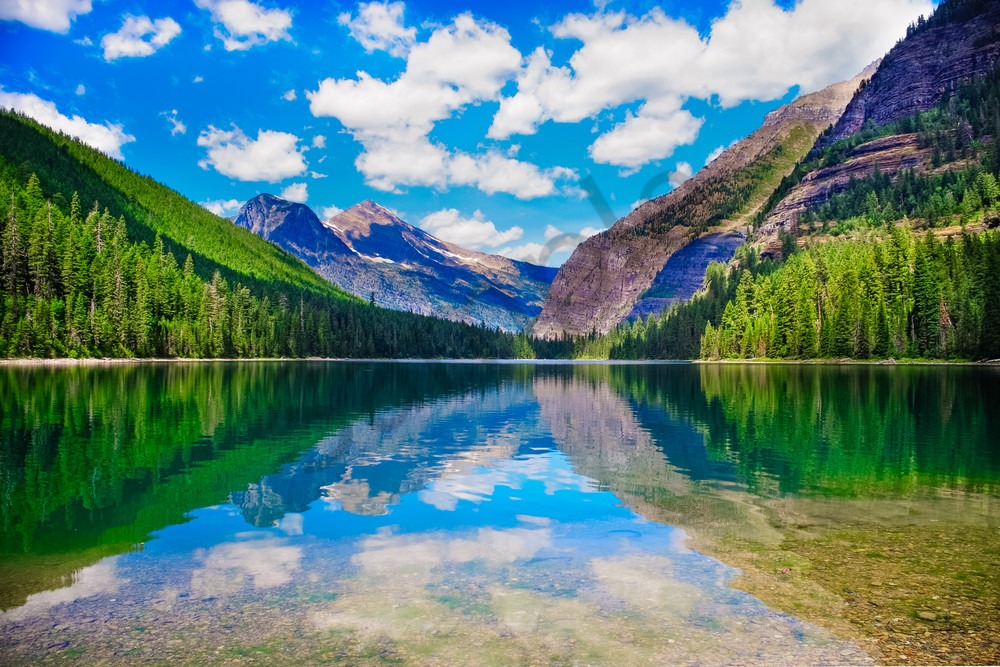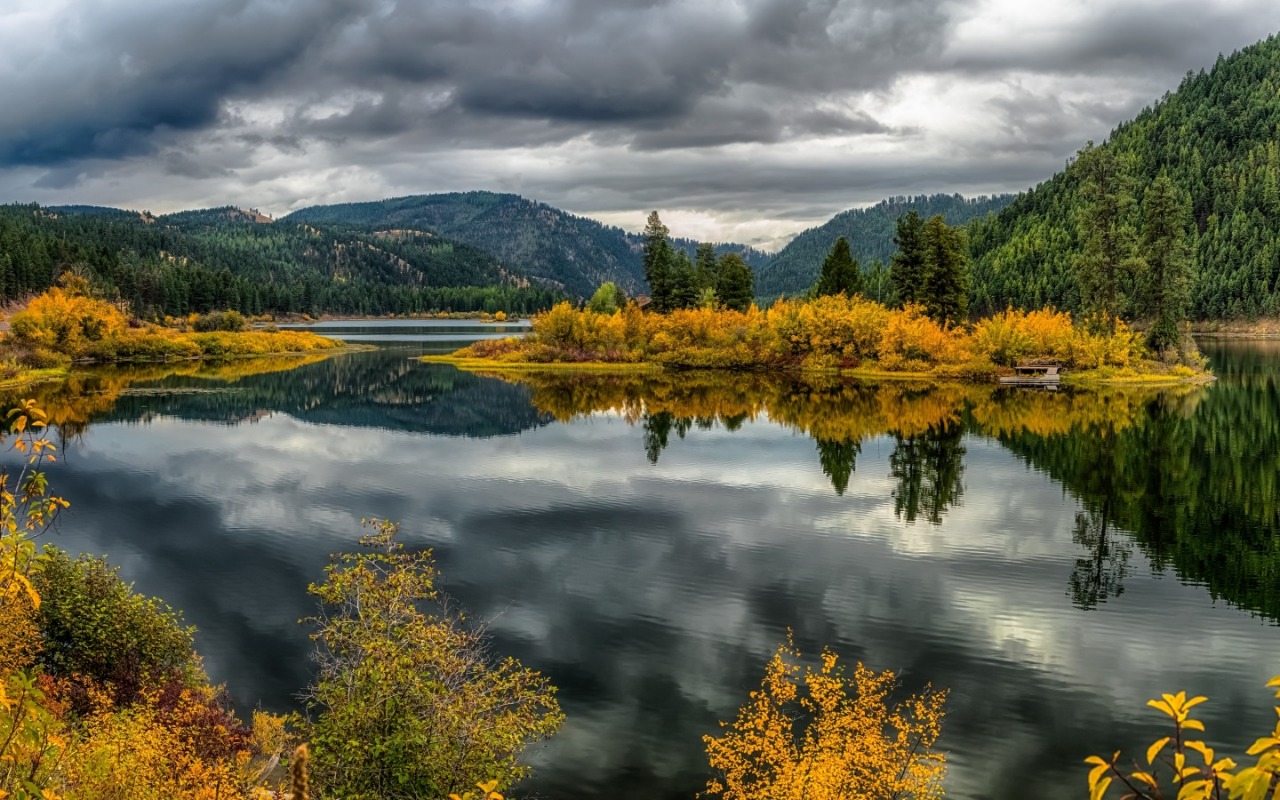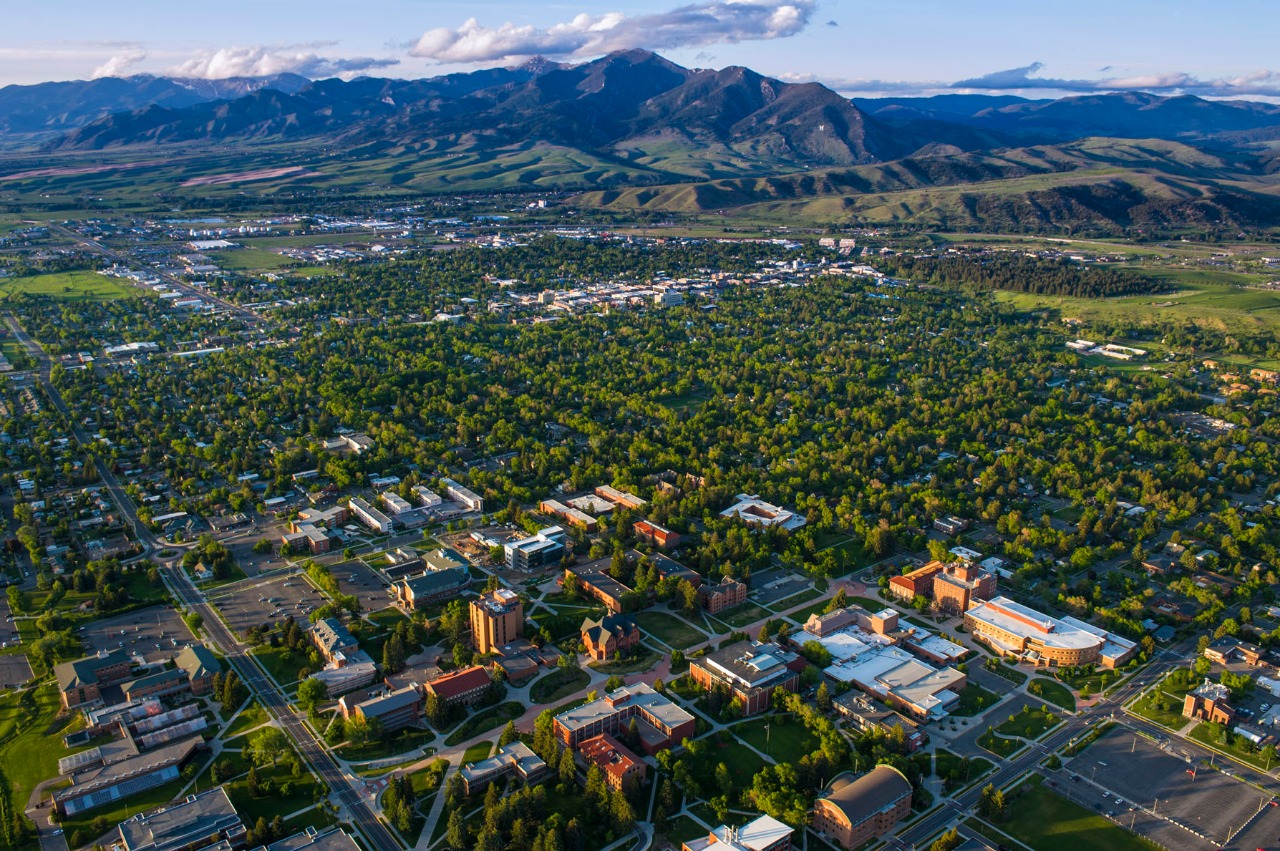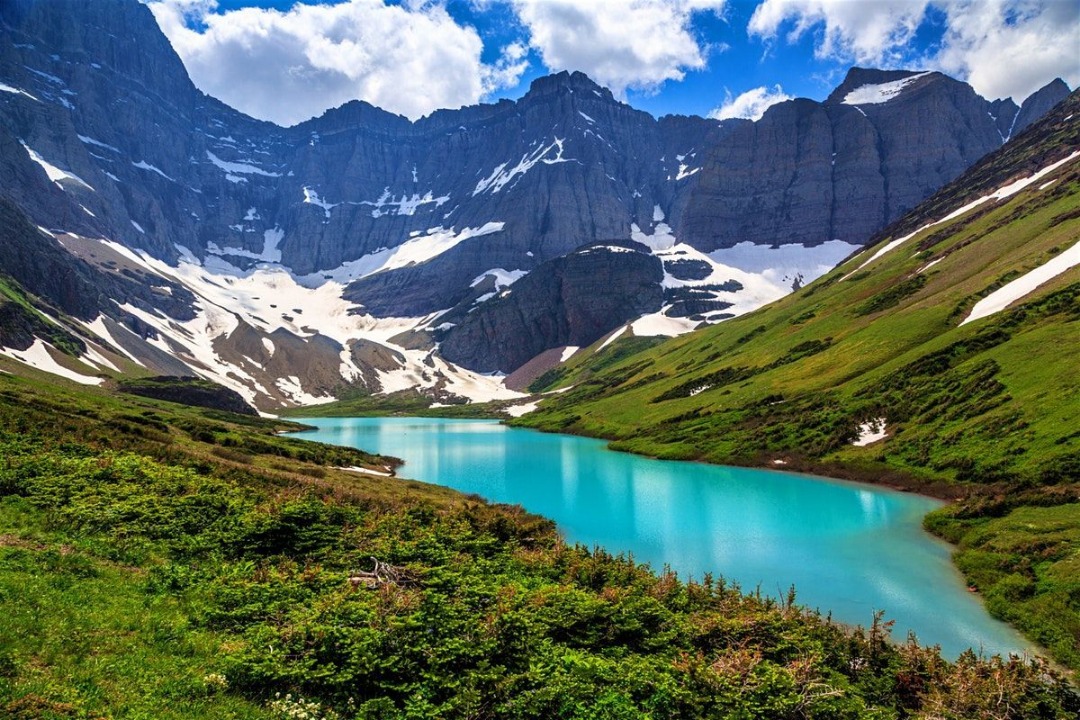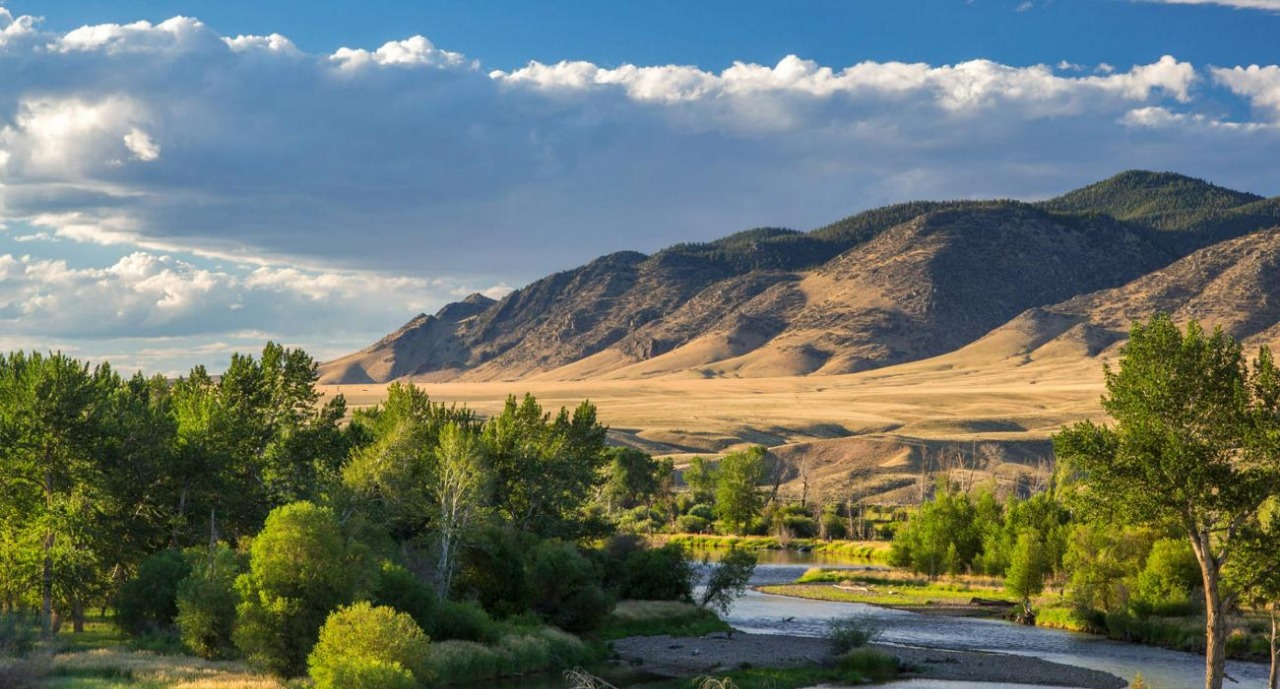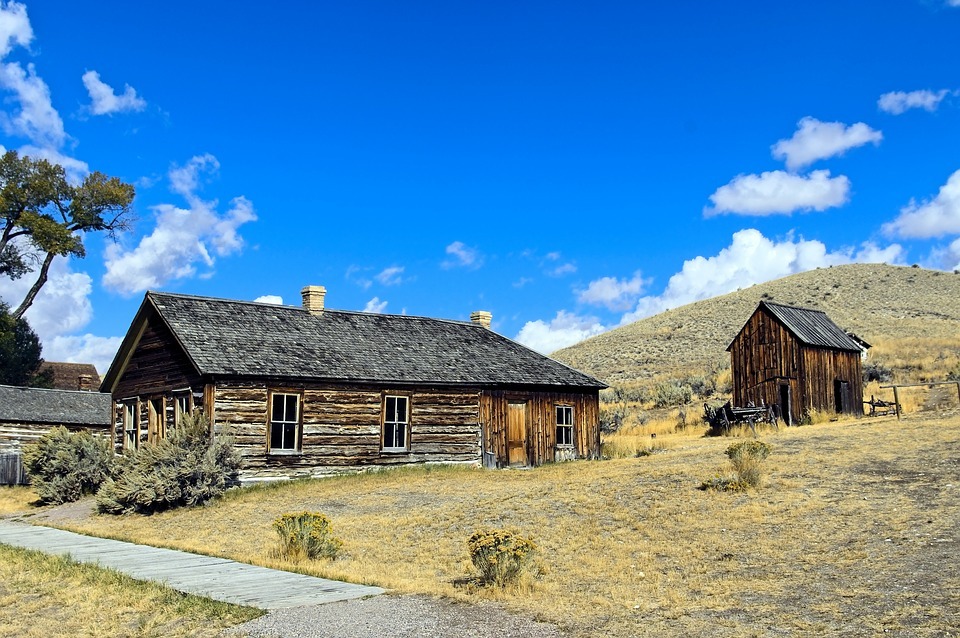Pictures of: Montana, United States of America
Location map
Airports
Hotels and other Accommodation
Golf Courses
What to visit
World Nomads
The Travel Insurance with the largest coverage

The Travel Insurance with the largest coverage

Montana
Montana is one of 50 states in the United States, located in the Rocky Mountain State Region. Its capital is located in the city called Helena. Montana is the fourth largest US state in area, and the third largest of the 48 contiguous states. Only Alaska, Texas and California are bigger. Despite this, Montana is one of the least populated states in the country.
Geographically, the eastern state is dominated by the Great Plains, while the western state is dominated by the Rocky Mountains. The name of the state comes from the Spanish word montaña, which means mountain in Portuguese, because of the presence of the Rocky Mountains in the region. Ironically, the vast open plains of Mountain earned him the nickname The Big Sky Country.
Geographically, the eastern state is dominated by the Great Plains, while the western state is dominated by the Rocky Mountains. The name of the state comes from the Spanish word montaña, which means mountain in Portuguese, because of the presence of the Rocky Mountains in the region. Ironically, the vast open plains of Mountain earned him the nickname The Big Sky Country.
Tourism
Montana is a rare place where you can slow down and enjoy the grandeur of nature and the American West. With only one million inhabitants spread over 38 million hectares, an area larger than Germany, it is one of America's largest preserved treasures of scenic land and wildlife. In addition, a combination of modern and traditional cultures make Montana the ideal place to experience border history and authentic small-town life.
Often called the “Crown of the Continent,” Glacier National Park in northwest Montana is one of the most intact ecosystems in the temperate zone of the planet. More than 1,100 km of hiking trails and spectacular walks offer glimpses of grizzly and black bears, elk, bighorn sheep, mountain lions and other wildlife.
Yellowstone National Park, accessible by car from three separate entrances in southern Montana, has the largest active volcano in the world. Geysers, thermal springs and other thermal resources are surrounded by mountains, rivers, canyons and grasslands that house one of the last remaining wild bison herds and two species of wolves in their natural environment.
But rare natural beauty is not confined to national parks. It stretches across the state, rewarding adventurous visitors with 24 mountain ranges, millions of acres of public land and wildlife reserves, alpine lakes, wide open plains, natural thermal springs and rivers famous for fly fishing. . Montana is where travelers can enjoy the magnificence of the natural surroundings during the day and relax in the hospitality of charming little towns at night.
In Old West ghost towns like Virginia City, and rural rodeos like Wolf Point Wild Horse Stampede, Montana mining history and cowboy culture come to life daily. In addition, the seven indigenous nations and many Native American communities in the state are working to preserve a much older history than the United States, including public events such as reenactments at the Little Bighorn Battlefield National Monument.
Montana is filled with natural wonders, charming little towns, friendly people and slower-paced life — a land filled with experiences that really can't be found anywhere else.
Often called the “Crown of the Continent,” Glacier National Park in northwest Montana is one of the most intact ecosystems in the temperate zone of the planet. More than 1,100 km of hiking trails and spectacular walks offer glimpses of grizzly and black bears, elk, bighorn sheep, mountain lions and other wildlife.
Yellowstone National Park, accessible by car from three separate entrances in southern Montana, has the largest active volcano in the world. Geysers, thermal springs and other thermal resources are surrounded by mountains, rivers, canyons and grasslands that house one of the last remaining wild bison herds and two species of wolves in their natural environment.
But rare natural beauty is not confined to national parks. It stretches across the state, rewarding adventurous visitors with 24 mountain ranges, millions of acres of public land and wildlife reserves, alpine lakes, wide open plains, natural thermal springs and rivers famous for fly fishing. . Montana is where travelers can enjoy the magnificence of the natural surroundings during the day and relax in the hospitality of charming little towns at night.
In Old West ghost towns like Virginia City, and rural rodeos like Wolf Point Wild Horse Stampede, Montana mining history and cowboy culture come to life daily. In addition, the seven indigenous nations and many Native American communities in the state are working to preserve a much older history than the United States, including public events such as reenactments at the Little Bighorn Battlefield National Monument.
Montana is filled with natural wonders, charming little towns, friendly people and slower-paced life — a land filled with experiences that really can't be found anywhere else.
Gastronomy
Montana's culinary style is a reflection of the state's history, people and climate. Over time, the foods commonly produced here have evolved from traditional Native American cuisine to a more eclectic diversion due to the immigrants and pioneers who came to Montana.
Meat plays an important role in Montana's recipes and dishes. Meat, lamb, pork and chicken are the largest contributors of meat; however deer, elk and buffalo also play a role. If visiting Montana and dining out it is not uncommon to find buffalo burger on the menu. Rocky Mountain Oysters are a combination of prairie dog, boar, ram and fried, boiled, roasted or poached bull testicles.
There are also some specialized crops that Montana ranks in the ten richest producing states. In fact, the state of Montana ranks second in flax seed production. Chickpeas, wheat, barley and beets are all produced in Montana.
Then let's go to Butte, Montana (a small town in southwest Montana, an original mining town) most loved and well-known traditional dish.
Crayon is a stuffed pastry, but it is not a pie. Instead, a pasty is made by placing a stuffing meat mixture over a flat dough (circular in shape) and folding it to wrap the mixture and then roasting it. The traditional pasty stuffing consists of meat, sliced potato and onion, now you can find the pasty stuffed with just about anything, special variations of the meat product can be found filling this pastry pleasure. The secret to making a traditional pasty is to fill the pasty with the raw meat mixture, to cook the meat while cooking the guts, the traditional way to cook the pasty.
Meat plays an important role in Montana's recipes and dishes. Meat, lamb, pork and chicken are the largest contributors of meat; however deer, elk and buffalo also play a role. If visiting Montana and dining out it is not uncommon to find buffalo burger on the menu. Rocky Mountain Oysters are a combination of prairie dog, boar, ram and fried, boiled, roasted or poached bull testicles.
There are also some specialized crops that Montana ranks in the ten richest producing states. In fact, the state of Montana ranks second in flax seed production. Chickpeas, wheat, barley and beets are all produced in Montana.
Then let's go to Butte, Montana (a small town in southwest Montana, an original mining town) most loved and well-known traditional dish.
Crayon is a stuffed pastry, but it is not a pie. Instead, a pasty is made by placing a stuffing meat mixture over a flat dough (circular in shape) and folding it to wrap the mixture and then roasting it. The traditional pasty stuffing consists of meat, sliced potato and onion, now you can find the pasty stuffed with just about anything, special variations of the meat product can be found filling this pastry pleasure. The secret to making a traditional pasty is to fill the pasty with the raw meat mixture, to cook the meat while cooking the guts, the traditional way to cook the pasty.
Weather
Montana's climate is temperate. The average temperature varies greatly from region to region, and according to season, due to factors such as area, altitude and air currents. Overall, the state has very cold winters and hot summers.
In winter, the highest temperatures are recorded throughout the south of the state and the Rocky Mountains - which despite their altitude, the presence of mild winds from the Pacific Ocean softens the low temperatures in the region in winter. The winter average in the Rocky Mountains is -7 ° C, -9 ° C in the south, -12 ° C in the north and east, and -15 ° C in the northeast. Minimums are between -40 ° C and -1 ° C (average of -15 ° C in the Rocky Mountains) and maximums between -35 ° C and 8 ° C (average of -1 ° C in the Rocky Mountains). The lowest temperature ever recorded in Montana was -57 ° C at Rogers Pass on January 20, 1954 - the lowest temperature in any US state until Alaska's elevation to state status in 1959.
In summer, the highest temperatures are recorded in the eastern state. The average temperature in the Rocky Mountains is 16 ° C (average 7 ° C minimum and 24 ° C average), while in the east the average temperature is 22 ° C (average 9 ° C minimum) , maximum 31 ° C). The highest temperature ever recorded in Montana was 47 ° C, recorded at Glendive on July 20, 1893, and at Medicine Lake on July 5, 1937.
In winter, the highest temperatures are recorded throughout the south of the state and the Rocky Mountains - which despite their altitude, the presence of mild winds from the Pacific Ocean softens the low temperatures in the region in winter. The winter average in the Rocky Mountains is -7 ° C, -9 ° C in the south, -12 ° C in the north and east, and -15 ° C in the northeast. Minimums are between -40 ° C and -1 ° C (average of -15 ° C in the Rocky Mountains) and maximums between -35 ° C and 8 ° C (average of -1 ° C in the Rocky Mountains). The lowest temperature ever recorded in Montana was -57 ° C at Rogers Pass on January 20, 1954 - the lowest temperature in any US state until Alaska's elevation to state status in 1959.
In summer, the highest temperatures are recorded in the eastern state. The average temperature in the Rocky Mountains is 16 ° C (average 7 ° C minimum and 24 ° C average), while in the east the average temperature is 22 ° C (average 9 ° C minimum) , maximum 31 ° C). The highest temperature ever recorded in Montana was 47 ° C, recorded at Glendive on July 20, 1893, and at Medicine Lake on July 5, 1937.
Other tourist destinations in:
USA
USA
Other world tourist destinations
Why to book with BOOK HOTEL MADEIRA
The best prices
Our partnerships with the world´s largest operators offer research on the best market prices.
More options
At Rotas Turisticos you can book the hotel, buy the air ticket, book the transfer from the airport to the hotel and vice versa, book the local excursions, rent the car, take travel insurance and consult the places to visit and where to go.
Holiday Tips & Destinations
Hundreds of holiday destinations with all the options that allow you to easily choose the destination that best suits your dream vacation.
BOOK HOTEL MADEIRA
Links

